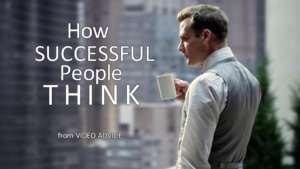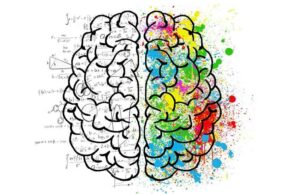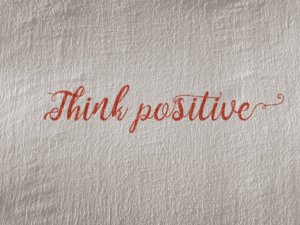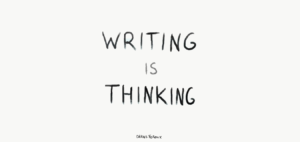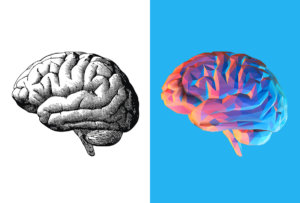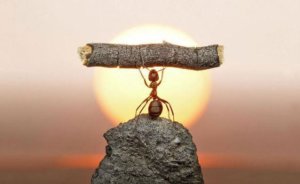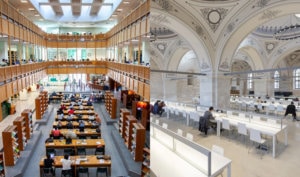The most important skill required to be successful in the 21st century…
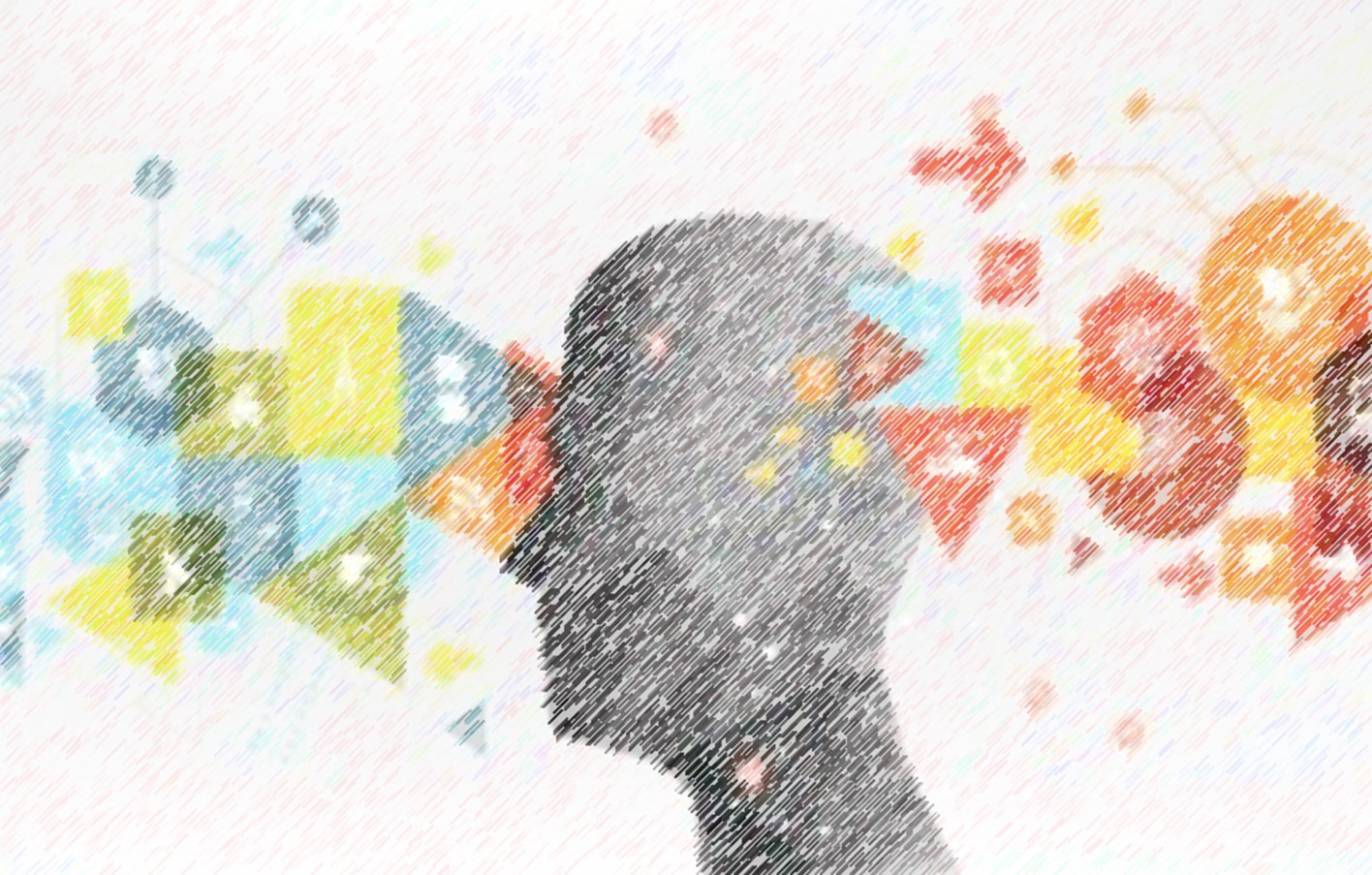
An agile mindset believes that adapting to change comes at a cost to a better life.
In today’s changing and developing business world, adaptive thinking is one of the most superior skills.
Charles Darwin’s saying is still very true, “The surviving species is not the strongest or the most intelligent, but the most adaptable to change.”
Today, the species that can continue to change and evolve are those that can quickly read and act on the signals of change.
Adaptive thinking is the “Art of Winning in an Age of Uncertainty”. Max McKeown said, “All failures are failures to adapt, and all successes are the result of successful adaptation.”
What was important yesterday may not be the most important thing tomorrow that could save your life or career. The ability to change (or change) in a way that is adaptable to a new environment, that is, by thinking adaptively, is now more important than ever.
According to Anders Ericsson, a Swedish psychologist and Florida State University Professor of Psychology, Adaptive Thinking is “the ability to recognize unexpected situations, think quickly about various possible responses, and decide for the best”, as well as a high level of adaptability ability to successfully change change. It also means you can handle it better.
Pilots, doctors, engineers, paramedics, and many who work in high-risk conditions rely on adaptive thinking skills to run their jobs successfully. For example, uncertainties in clinical settings are part of daily practice.
But adaptive thinking isn’t just essential for fighter pilots and neurosurgeons. Everyone can and should learn to harness the Power of Adaptive Thinking to keep moving, performing better, or surviving.
Change used to be slow and profitable. Today, however, it is fast, radical and unpredictable. Adaptability enables us to stand on new circumstances and overcome the situation, which is the difference between adapting to change and adapting to win or perform at the highest level.
Growing, developing and surviving depends on how adaptive you are. At this point, the ability to adjust or relocate makes you agile, which is crucial in the face of uncertainty.
Adaptability is about being able to see reality and not stray from it. It’s about being able to ride the waves of change no matter how strong the winds are.
Adaptability also tends to improve your mental toughness, meaning that periods of uncertainty are less likely to affect your overall personal well-being. Adaptive people tend to be more contented and happier because they don’t struggle with the tides or try to resist when things change.
Adapting to any environment or situation requires two things: the ability to do so and the willingness to endure.
The unexpected cancellation of your appointment, the low sales you make can quickly lower your morale (along with your salary or profit). Thus, your ability to manage and adapt quickly to the unexpected will determine how well you can perform, even after receiving bad news or experiencing dire consequences.
“21. “The art of renovation is the most critical skill of this century,” says Yuval Noah Harari, author of 21 Lessons in the 21st Century.
Whether you want to improve your life or career, using your Adaptive Thinking ability will not only help you survive or be enough, it will even help you excel in the face of big change. People who exhibit adaptability are able to combine curiosity and problem-solving skills to achieve their goals.
To develop your adaptive thinking skills, first take a look around you. No, seriously. Having strong impulse control makes you think before you act; it acts as a buffer between excitation and response, creating a gap between the two. This gives you the opportunity to think and act rationally, which can help you find better ways to keep moving.
Adaptive people think differently; that is, they can generate multiple solutions or possibilities based on a single data point, data, or a scenario. They can flexibly change their thinking and behavior to adapt to unexpected changes in their environment.
Naturally, and spontaneously, freely, and in a “non-linear” way, divergent thinkers are adaptive people. In this way, many possible solutions are explored in a short time and unexpected connections can be made.
This is how you can thrive in a changing world. You can wonder about your options, discover the best possible solution and use it to your advantage. By asking more questions than you answer, you can stay flexible for the best possible outcome.
Most of us think differently to some degree, but for most of us it is a less developed skill. When you develop your adaptive thinking ability, you are more likely to embrace divergent thinking, so adaptive thinking is the mental muscle we need to quickly adapt to unexpected changes in a high-risk situation.
Without adaptive thinking, your mind will become rigid, and you will be slow to react to any change, limiting your opportunities for success in the face of disasters (such as the coronavirus Covid-19 outbreak).
It’s time to think adaptively…
Thomas Oppong




